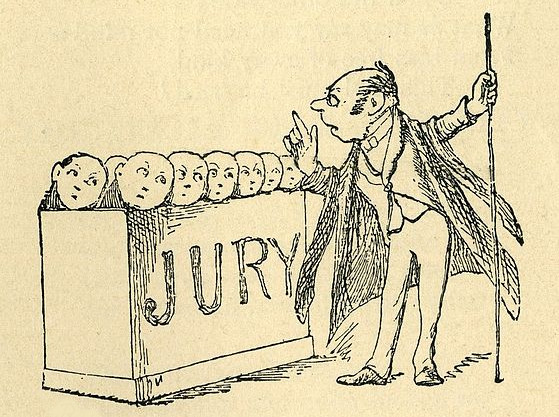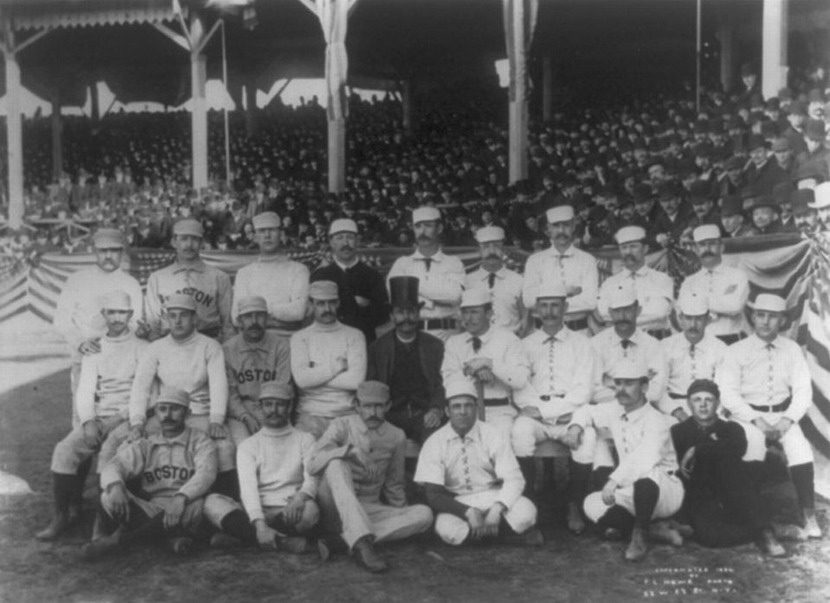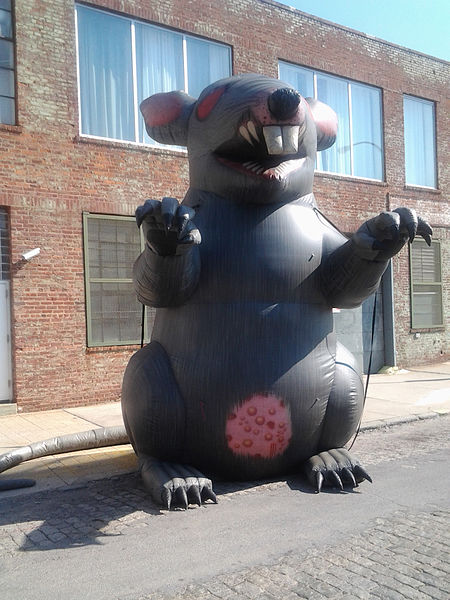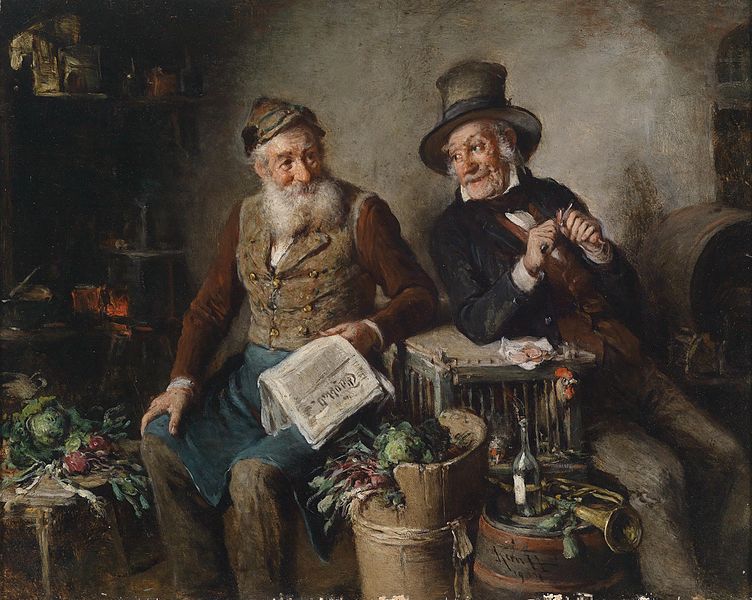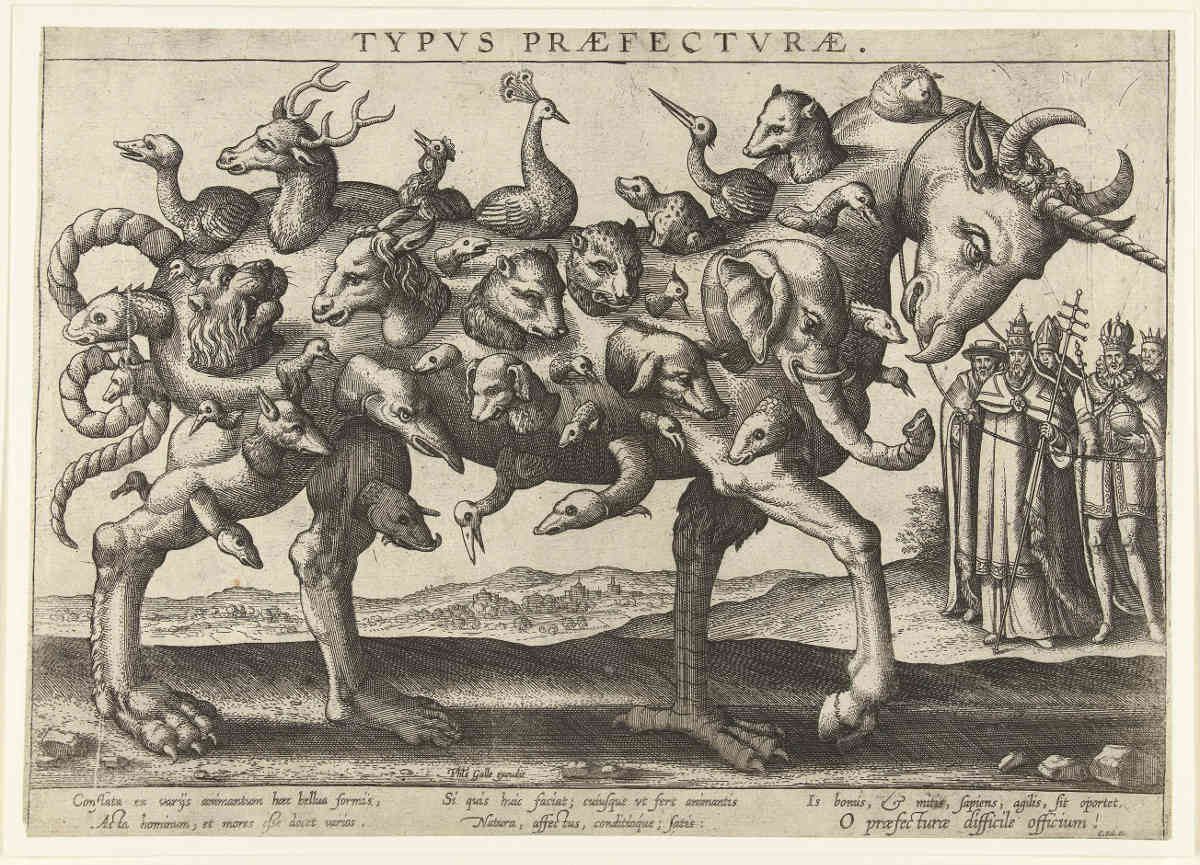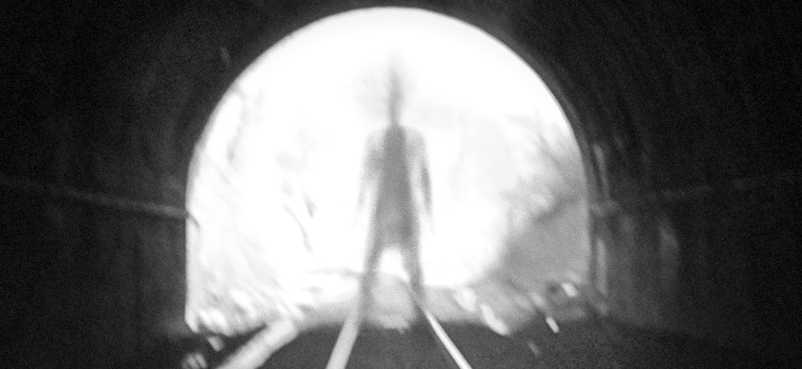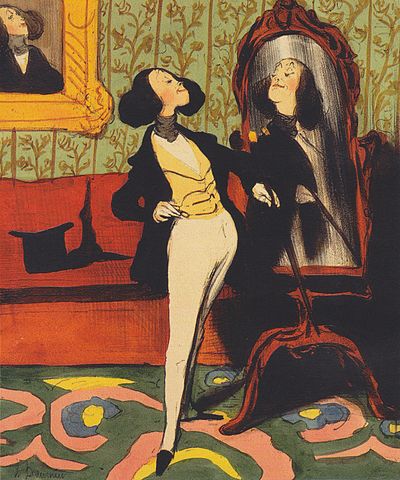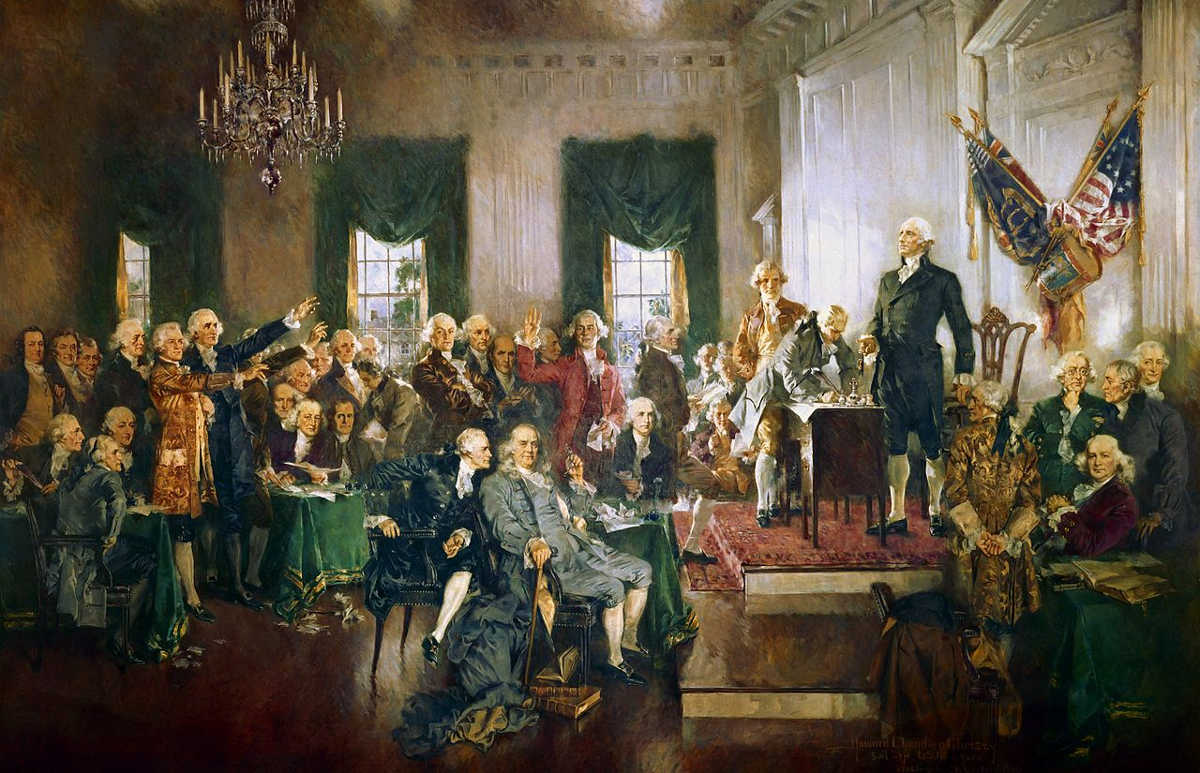
Should parents be licensed? We ask teachers to study full-time for years and to pass qualifying exams before we let them educate children for six hours a day. And we carefully assess the suitability of adoptive and foster parents. But anyone has the right to become a biological parent without any training at all in child development.
Philosopher Peg Tittle writes, “How many children have been punished because they could not do what their parents mistakenly thought they should be able to do at a certain age — remember X, carry Y, say Z? How many have been disadvantaged because they grew up on junk food — for their bodies as well as their minds? How many have been neglected because their parents didn’t notice the seeds of some talent?”
Today’s children are tomorrow’s citizens, so the public has a legitimate concern in this. Psychiatrist Jack Westman writes, “The way children are parented plays a vital role in the quality of all our lives. We no longer can afford to avoid defining and confronting incompetent parenting.”
Psychologist Roger McIntire writes, “We already license pilots, salesmen, scuba divers, plumbers, electricians, teachers, veterinarians, cab drivers, soil testers, and television repairmen. … Are our TV sets and toilets more important to us than our children?”
(Peg Tittle, ed., Should Parents Be Licensed?, 2004.)

